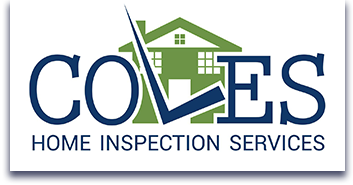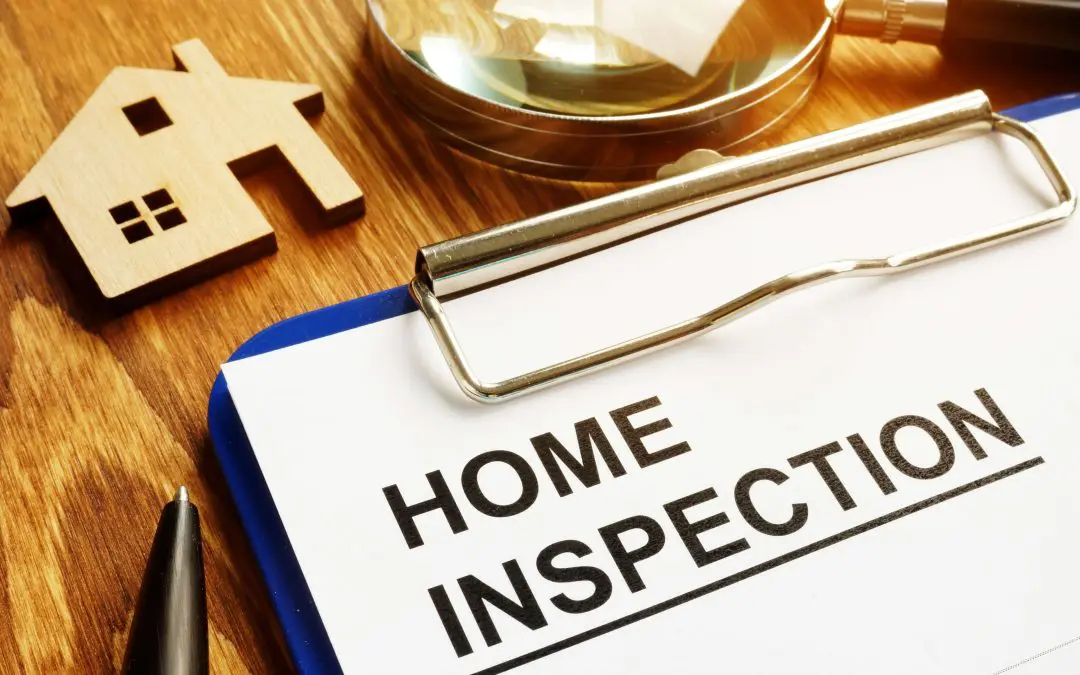Buying a home is one of the biggest investments most people will ever make, and having peace of mind before closing is essential. That’s why understanding the importance of a home inspection is critical. Far more than a simple checklist, a home inspection plays a key role in protecting your investment, finances, and long-term plans.
Whether you’re a first-time buyer or you’ve been through the process before, understanding the importance of a home inspection will help you make more informed, confident decisions throughout your homebuying journey. It’s not about finding a perfect house; it’s about knowing exactly what you’re getting into.
Importance Of A Home Inspection: Revealing What You Can’t See
From the outside, a home might look charming and well-maintained. But beneath the surface, costly issues could lurk, like roof leaks, faulty wiring, or a crumbling foundation. A professional home inspection helps bring those hidden problems to light before they become your responsibility.
Inspectors are trained to assess a home’s major systems, including electrical, plumbing, HVAC, roofing, and structural components. Their job is to give you a clear picture of the home’s overall condition, and even smaller issues, like a loose handrail or minor drainage concerns, are worth noting.
Home Inspection Findings Help You Negotiate
One of the most powerful aspects of a home inspection is how it will influence your negotiating power. If an inspection reveals needed repairs or safety hazards, you can request that the seller fix them, reduce the asking price, or offer a credit at closing. Without this insight, you may absorb these costs yourself after moving in.
It’s important to remember that no home is perfect, not even new construction. The purpose of a home inspection isn’t to kill the deal, but to make sure you walk in with open eyes and make confident, informed choices about how to proceed.
Peace of Mind for the Long Haul
Even if an inspection doesn’t reveal any major red flags, it still offers peace of mind. You’ll know that a professional has reviewed the home, and you’ll gain valuable knowledge about maintenance needs, expected lifespans of systems, and how to plan for future repairs. A thorough inspection will also help you prioritize post-purchase projects and budget for updates that aren’t urgent but still necessary. That way, you’re not caught off guard by a broken furnace in the middle of winter or a roof that gives out during the rainy season.
Choosing the Right Home Inspector Matters
Look for someone with experience, proper certifications, and a reputation for thorough, unbiased reporting. A high-quality home inspection includes detailed findings, photos, and clear explanations that empower you as the buyer. Ask questions during the inspection. Walk through the home with your inspector if possible, and learn how to spot early signs of wear and tear or damage. The more informed you are, the more confident you’ll feel both during and after the transaction.
When to Schedule a Home Inspection
A home inspection is typically scheduled after an offer is accepted but before closing. Most contracts include an inspection contingency that allows you to renegotiate or back out based on the results. Timing is essential; schedule the inspection promptly so you have enough time to review the findings and make decisions before your contingency period ends.
Some buyers also choose to have a home inspection done before making an offer, especially in competitive markets. This pre-offer approach allows you to bid confidently, knowing you won’t be surprised later.
FAQs
Why is a home inspection necessary if I’m buying a new house?
Even brand-new homes may have construction flaws or overlooked issues. A home inspection ensures everything was done correctly and meets safety standards before you move in.
Can I attend the inspection?
Yes, and it’s highly encouraged. Being present allows you to see the issues firsthand, ask questions, and better understand the report you’ll receive.
What if the home inspection reveals serious problems?
If significant issues are found, depending on the terms of your contract, you can negotiate repairs, ask for a price reduction, or walk away from the deal.
How long does an inspection take?
Most inspections take two to four hours, depending on the size and condition of the home. The report is usually delivered within 24–72 hours.
Do I still need a home inspection if I’m paying cash?
Absolutely. An inspection protects you regardless of your payment method. Even without lender requirements, it’s one of the smartest moves you will make.
Cole’s Inspection Services provides home inspection services to Statesville and the surrounding area in North Carolina. Contact us to schedule an appointment.

